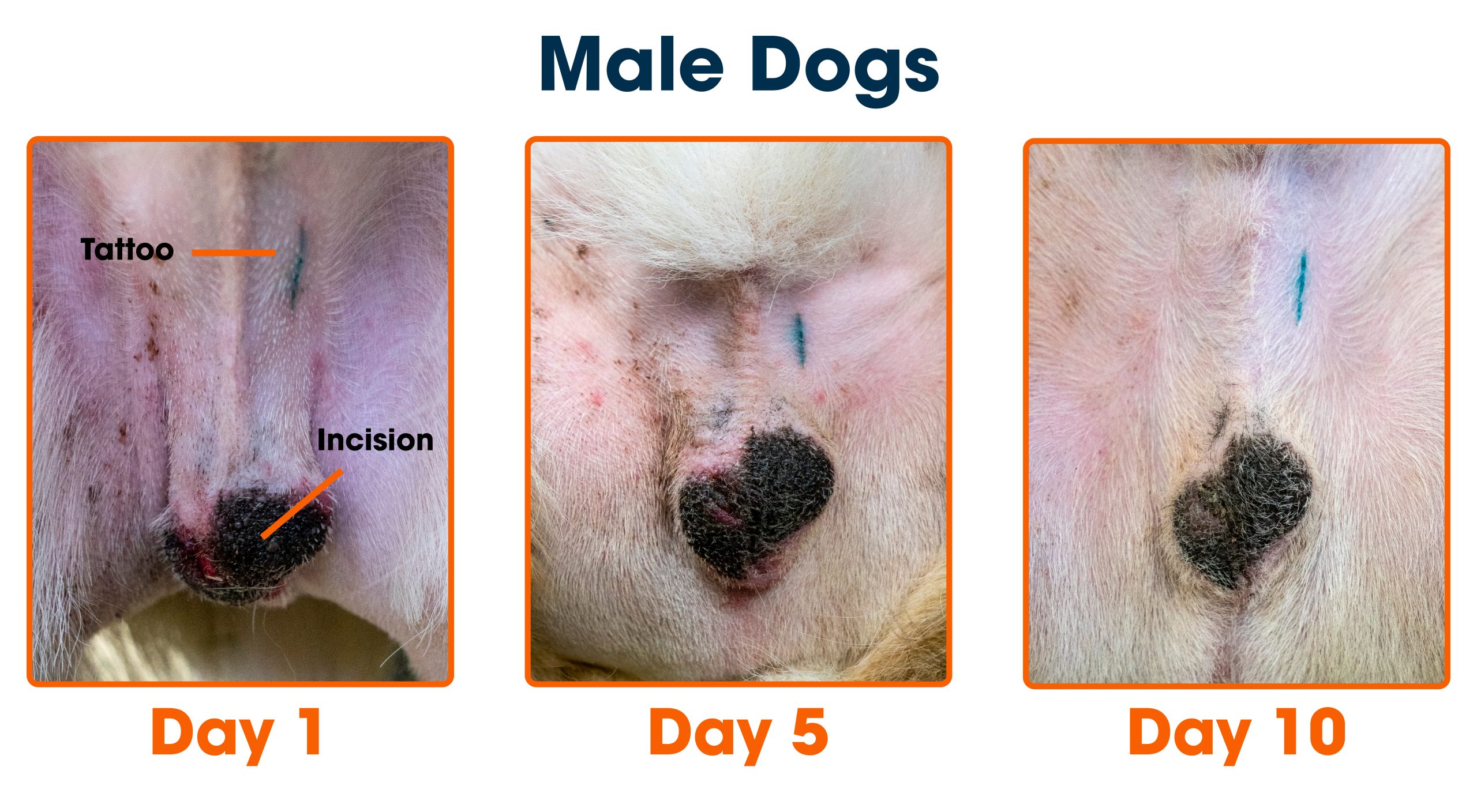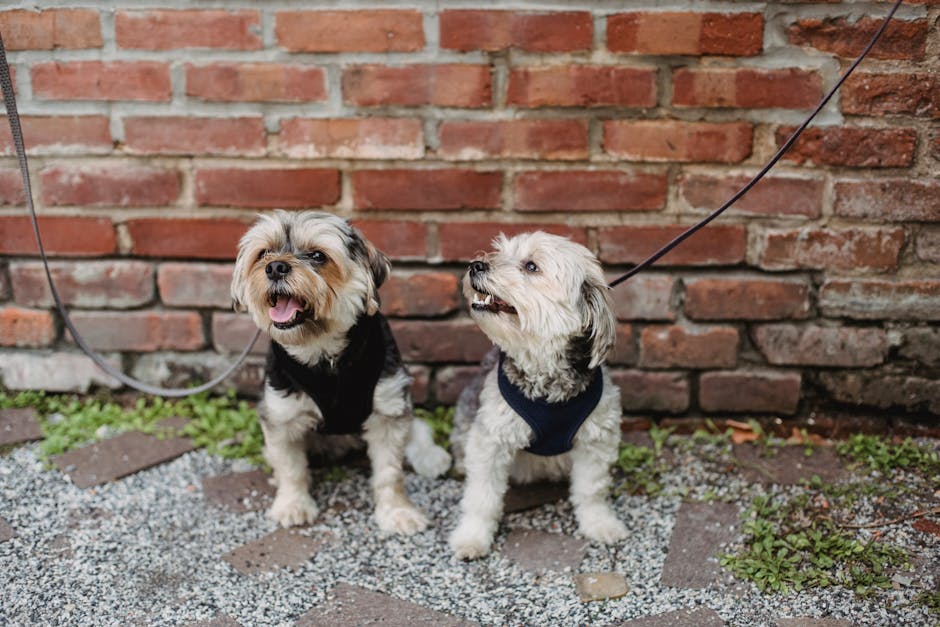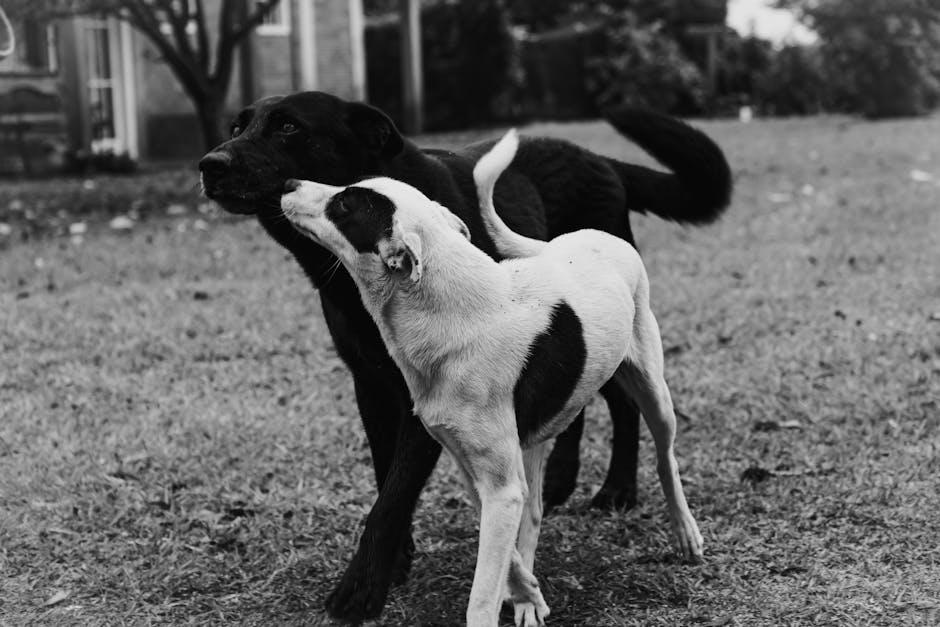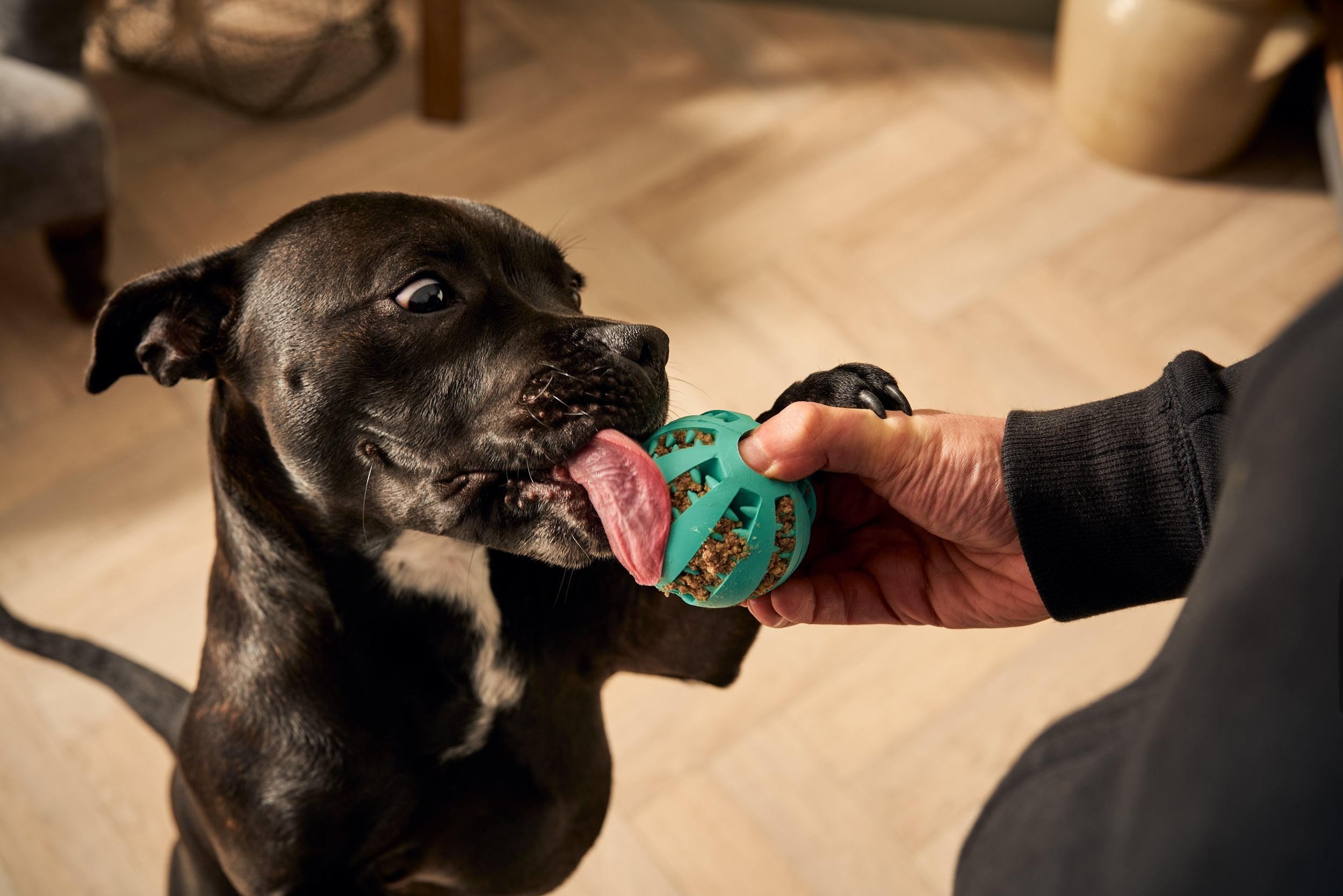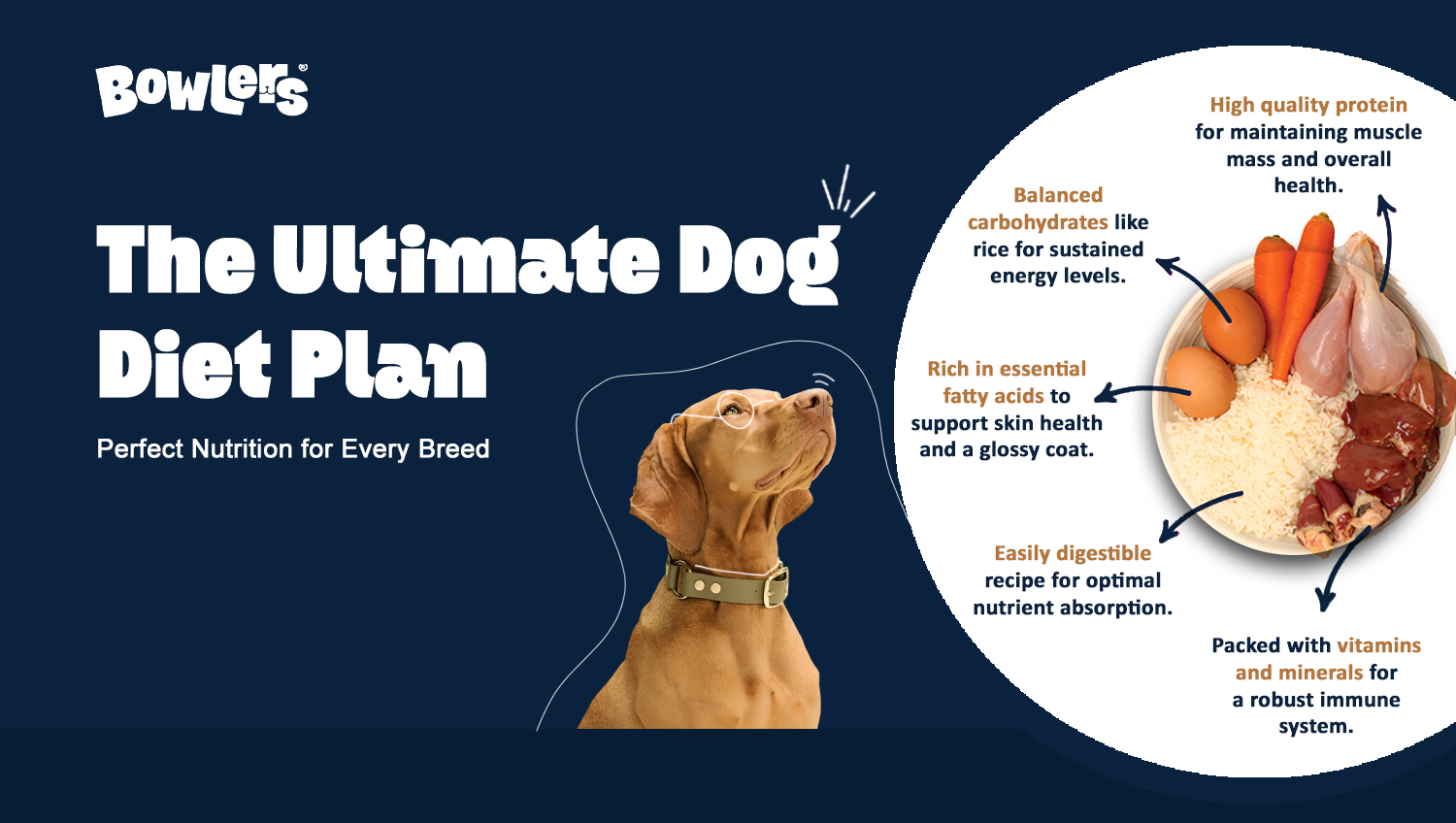If your dog has special dietary needs, you might feel unsure about what to feed them. You want to keep your furry friend healthy and happy, but finding the right food can be confusing.
What should you include in their meals? What should you avoid? This guide will help you understand how to feed your dog properly, so you can give them the care they deserve. Keep reading to discover simple, effective ways to support your dog’s unique health needs through their diet.
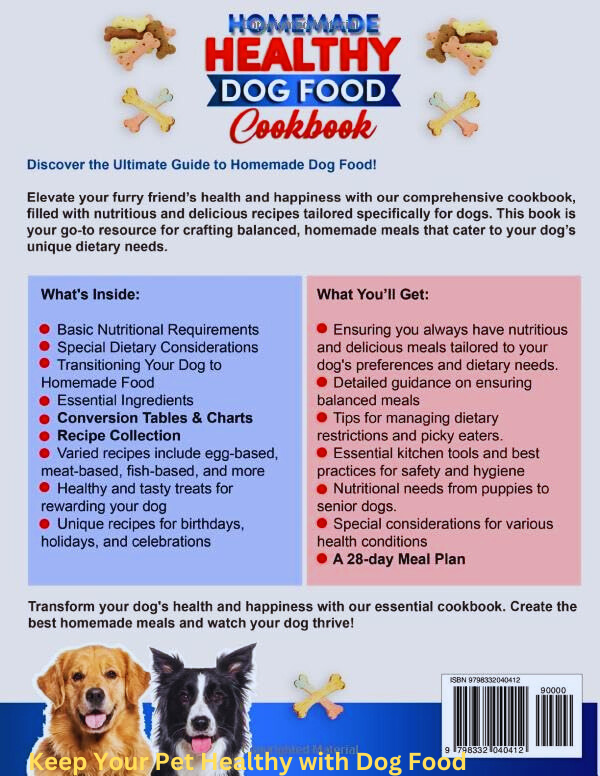
Credit: medium.com
Recognizing Special Dietary Needs
Dogs may need special diets for many health reasons. Feeding them the right food helps keep them healthy and happy.
Recognizing when your dog needs a special diet is important. It can prevent health problems and improve their quality of life.
Common Health Conditions Affecting Diet
Some health problems make normal dog food unsafe or less helpful. These conditions need specific nutrients or limits on certain foods.
- Kidney disease requires low protein and phosphorus diets
- Food allergies need hypoallergenic or limited ingredient food
- Diabetes calls for consistent carbohydrates and fiber
- Obesity needs calorie-controlled and low-fat meals
- Gastrointestinal issues benefit from easily digestible food
- Heart disease often needs low sodium diets
Signs Your Dog Needs A Special Diet
Watch your dog closely for signs that show dietary changes are needed. Early action can improve health.
- Weight gain or loss without change in food amount
- Itchy skin, redness, or hair loss
- Frequent vomiting or diarrhea
- Increased thirst or urination
- Low energy or weakness
- Bad breath or dental problems
Choosing The Right Food
Dogs with special dietary needs require careful food choices. Feeding them the right food helps keep them healthy and happy.
Understanding different food options can make feeding easier. This guide covers key points to help you decide.
Prescription Diets Vs. Homemade Meals
Prescription diets are made by vets for specific health issues. These foods have nutrients to support your dog’s condition.
Homemade meals let you control ingredients. You can avoid allergens and add fresh foods your dog likes.
- Prescription diets follow strict vet guidelines
- Homemade meals need balanced nutrients
- Prescription diets save time and effort
- Homemade meals require planning and knowledge
- Consult your vet before changing diets
Reading Labels And Ingredients
Labels tell you what is in the food. Look for clear ingredient lists and avoid unknown additives.
Check for protein sources, fat, fiber, and vitamins. These parts support your dog’s health and energy.
- First ingredients should be real meat or fish
- Avoid foods with too many fillers like corn or wheat
- Look for added vitamins and minerals
- Watch for allergens like soy or dairy
- Check the guaranteed analysis for nutrient values
Balancing Nutrients
Feeding dogs with special dietary needs requires careful balance of nutrients. Each dog has unique health concerns that affect their diet.
Proper nutrient balance supports their health and helps manage specific conditions. Owners must know which nutrients to include and limit.
Essential Nutrients For Special Diets
Dogs need proteins, fats, carbohydrates, vitamins, and minerals. Special diets adjust these nutrients to fit health needs.
For example, dogs with kidney issues need lower protein. Dogs with allergies may need novel protein sources.
- Proteins:Support muscle and tissue repair
- Fats:Provide energy and support skin health
- Carbohydrates:Supply energy and fiber for digestion
- Vitamins:Help immune function and metabolism
- Minerals:Maintain bone and nerve health
Supplements And Their Role
Supplements can fill nutrient gaps in special diets. They support health and improve nutrient absorption.
Common supplements include omega-3 fatty acids, glucosamine, and probiotics. Always consult a vet before adding supplements.
- Omega-3 Fatty Acids:Reduce inflammation and improve skin
- Glucosamine:Support joint health and mobility
- Probiotics:Aid digestion and boost gut health
- Vitamins and Minerals:Correct specific deficiencies
Feeding Techniques And Tips
Feeding dogs with special dietary needs requires care and attention. You must follow specific techniques to keep them healthy.
Understanding portion sizes and meal timing helps meet their nutritional needs. Also, managing picky eaters can improve their diet.
Portion Control And Meal Frequency
Portion control is important to avoid overfeeding or underfeeding dogs with special diets. Measure their food carefully every time.
Feed smaller meals more often to help digestion. This keeps energy steady and reduces stomach problems.
- Use a kitchen scale or measuring cup for accuracy
- Divide daily food into two or three meals
- Follow your vet’s recommended portion sizes
- Adjust portions if your dog gains or loses weight
Managing Picky Eaters
Some dogs with special diets may refuse to eat. Try to make their meals more appealing without breaking diet rules.
Keep a regular feeding schedule. Remove food after 20 minutes if not eaten. This teaches dogs to eat when food is available.
- Warm the food slightly to enhance smell and taste
- Add vet-approved broth or a small amount of wet food
- Offer food in a quiet, comfortable place
- Avoid giving snacks outside meal times
- Consult your vet if refusal continues
Working With Your Veterinarian
Dogs with special dietary needs require careful care. Your veterinarian is the best guide for their nutrition.
They help create a feeding plan that fits your dog’s health needs. Always follow their advice closely.
Regular Health Monitoring
Check your dog’s health regularly with your vet. This helps track how well the diet works.
Your vet may suggest blood tests or physical exams. These show if your dog is improving or needs changes.
- Schedule regular vet visits
- Report any changes in behavior or appetite
- Follow test recommendations from your vet
Adjusting Diet Based On Progress
Your vet will help change the diet if needed. Adjustments keep your dog healthy and comfortable.
Changes can include new food types or different portion sizes. Watch your dog’s response to these changes.
- Increase or decrease food amounts
- Try new foods recommended by your vet
- Monitor your dog’s energy and weight
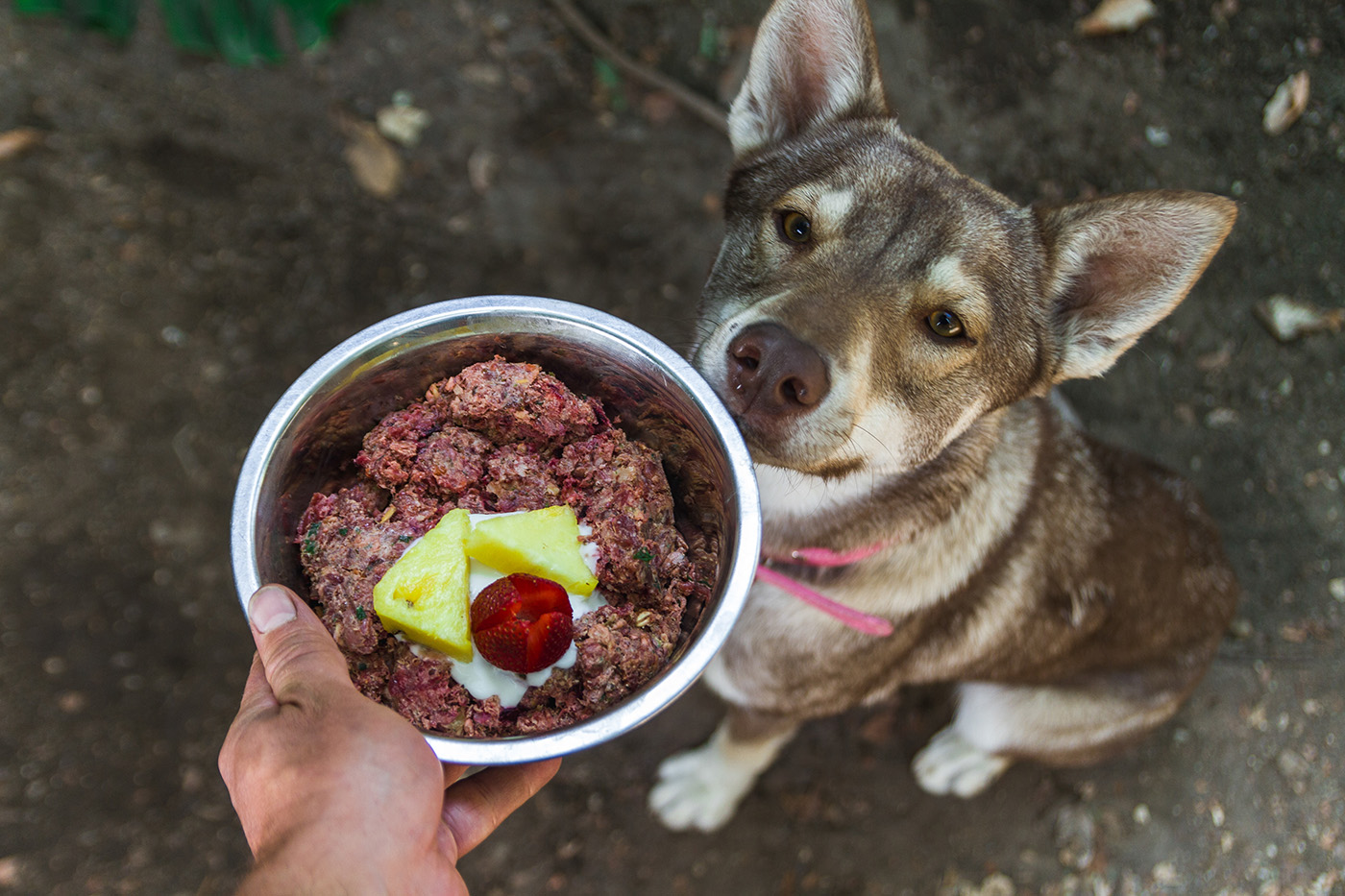
Credit: www.thisdogslife.co
Common Mistakes To Avoid
Feeding dogs with special dietary needs can be challenging. Avoiding common mistakes helps keep your dog healthy.
This guide covers two frequent errors: overfeeding or underfeeding, and ignoring food allergies and intolerances.
Overfeeding Or Underfeeding
Giving too much food can cause weight gain and health problems. Too little food can lead to malnutrition.
Special diets often have strict portion sizes. Follow your vet’s advice to avoid these issues.
- Measure food portions carefully every day.
- Watch your dog’s weight and body condition regularly.
- Adjust food amounts if your dog gains or loses weight.
- Do not add extra treats without considering calories.
Ignoring Food Allergies And Intolerances
Some dogs react badly to certain ingredients. Ignoring allergies can cause skin, stomach, or ear problems.
Watch for signs like itching, vomiting, or diarrhea. Talk to your vet about testing and special diets.
- Keep a food diary to track reactions.
- Choose hypoallergenic or limited ingredient diets if needed.
- Introduce new foods slowly and one at a time.
- Always check ingredient labels for hidden allergens.

Credit: www.petmd.com
Frequently Asked Questions
What Foods Are Best For Dogs With Allergies?
Hypoallergenic diets with limited ingredients help reduce allergic reactions. Avoid common allergens like wheat, soy, and beef. Consult your vet for suitable options and ensure balanced nutrition tailored to your dog’s needs.
How Do I Manage My Dog’s Weight With Special Diets?
Feed portion-controlled, low-calorie meals designed for weight management. Regular exercise complements the diet to maintain healthy weight. Always follow your vet’s advice for specific calorie needs and avoid overfeeding treats.
Can Dogs With Kidney Issues Eat Regular Dog Food?
Dogs with kidney problems need specialized diets low in protein and phosphorus. Regular dog food can worsen kidney function. Consult your vet for prescription diets that support kidney health and improve quality of life.
How To Transition Dogs To Special Dietary Food?
Introduce new food gradually over 7-10 days by mixing it with old food. Increase new food portion daily to avoid digestive upset. Monitor your dog’s reaction and consult your vet if issues arise.
Conclusion
Caring for a dog with special dietary needs requires attention. Understand their specific requirements. Consult a vet for tailored advice. Choose the right food that suits their needs. Monitor their health and make adjustments as necessary. Offer a balanced diet to maintain their well-being.
Be patient and consistent with feeding routines. Your dedication can help your dog thrive. A healthy diet ensures a happy, lively pet. Always prioritize their health and comfort. Stay informed and adapt as needed. Make feeding time a positive experience.
Your love and care make a difference.

